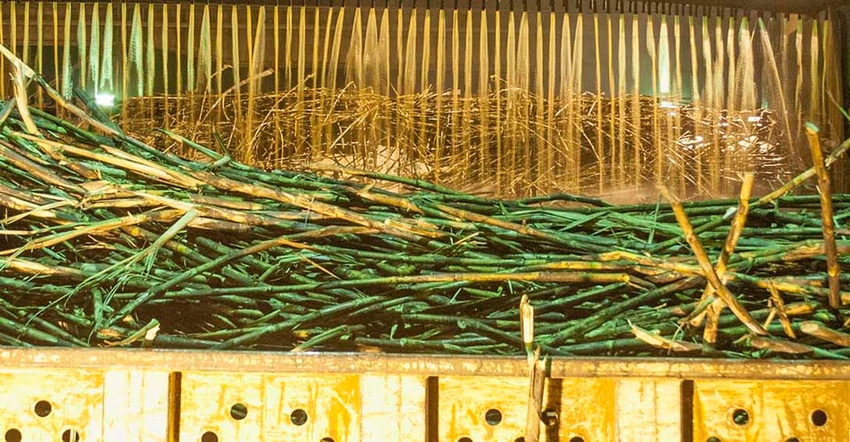
Sometimes your biggest plans just don’t turn out the way you thought.
Take Brazil: One of the biggest overseas customers of U.S. ethanol wants to slap a 20-percent tariff on those imports. Not only is Brazil a big buyer of U.S. ethanol—it’s also the biggest ethanol competitor. With an economy slated to grow at a measly .5 percent in 2017, fuel consumption in general is waning. And that comes just as we launch a new sugarcane marketing year, April 1. So as cane producers head out to the fields, crushers and ethanol refiners need to start making room in storage.
Plus, corn ethanol from the U.S. has become ever more competitive, especially in Brazil’s Northeast—a region not so far from U.S. Gulf and East Coast ports.
At the moment, there is no import tariff on imported ethanol in either country. But now, Brazilian ethanol producers are asking for one.
While producers in Brazil's Northeast are hurting, they may have a hurdle to jump in getting the Brazilian administration to agree. Fuel prices are part of the basket of products used to measure inflation, and nobody wants that to climb. On the other hand, tens of thousands of Brazilian jobs depend on the production and distribution of ethanol.
Tariff History
The idea behind both countries dropping the tariff to zero in the first place during the George W. Bush Administration was to help turn ethanol into a global commodity that could be understood as roughly the same no matter the source. With the United States and Brazil, the world’s No. 1 and No. 2 ethanol producers, zeroing out tariffs, it seemed probable that world fuel importers would have more confidence in the product as a whole, never mind the source.
The Brazilians at the time lauded the agreement as a great victory. After all, the journalist in one Brazilian publication felt the need to point out to readers that, yes, it really is viable to make ethanol from corn rather than sugarcane. One Brazilian sugarcane association saw that country exporting sugarcane to the U.S. as a result of the zero tariff, not the other way around. Sugarcane ethanol was going to compete against corn in the huge U.S. fuels market as “the sweeter alternative.”
Demand factors
But sugarcane’s most efficient yields top out after about five years in the field. After that, it’s best to rotate with a legume like soybeans. However, having suffered over the past few years with a decline in ethanol demand that came with relatively lower world petroleum prices, Brazilian cane producers have been letting their sugarcane fields go longer and longer between rotations, which has had an effect on yield.
Meanwhile, there’s a 27 percent mandate ensuring every gallon of gas sold in Brazil contains ethanol, aside from the fact that every gas station nationwide has at least one pure ethanol pump. As a result of the falling yields, relatively short ethanol storage capacity and the fact that we’re coming to the end of the sugarcane marketing year, Brazil has joined Canada as one of your two top ethanol customers.
We’ll see whether the proposed 20-percent tariff ends up getting put in place. But any return to a Brazilian ethanol import tariff could signal one more challenge to hopes of turning the biofuel into a commodity like any other.
The opinions of the author are not necessarily those of Farm Futures or Penton Agriculture.
About the Author(s)
You May Also Like






